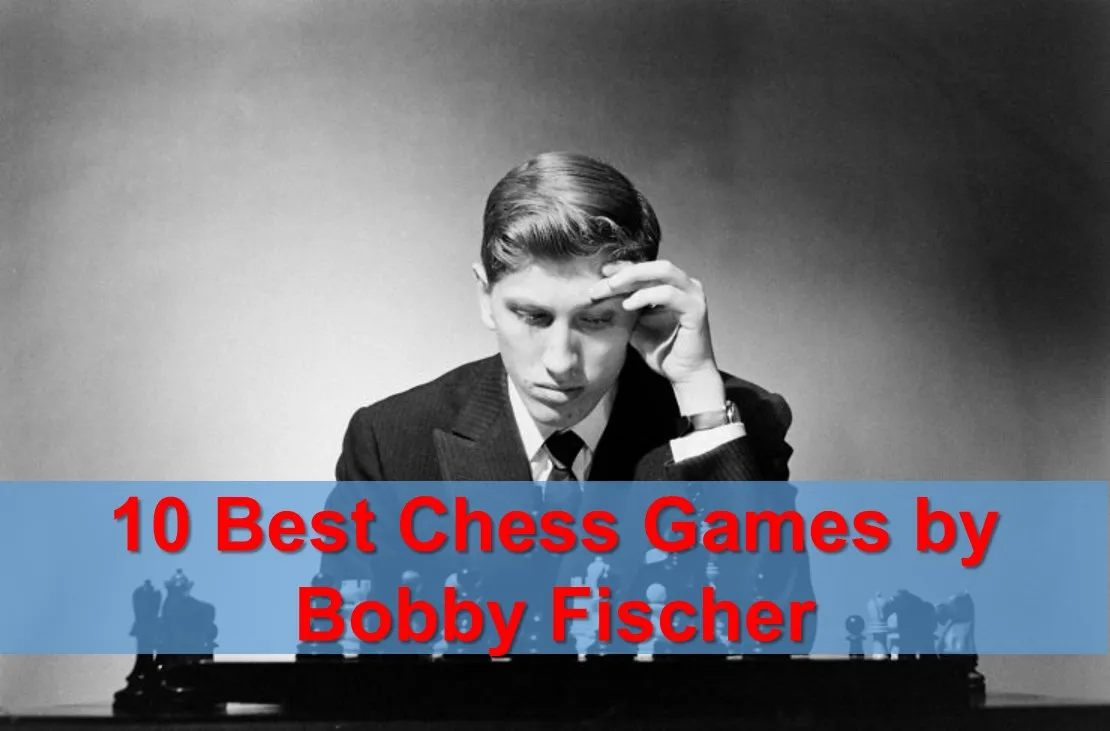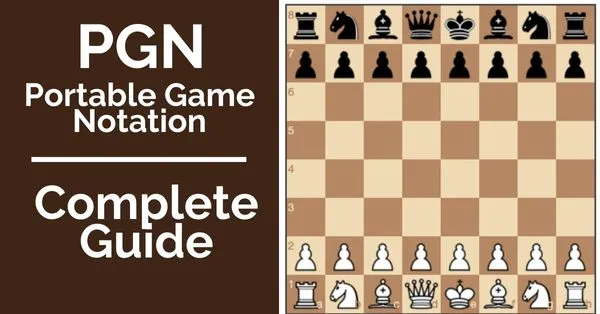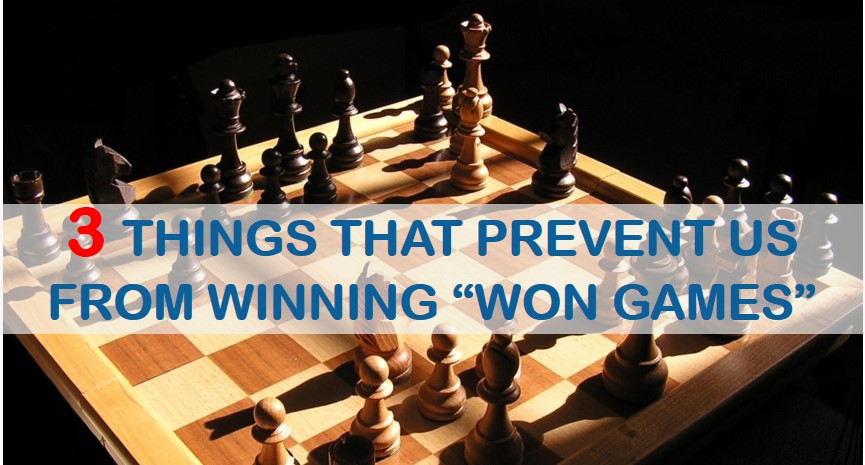Grandmaster’s Thinking Algorithm
We have previously discussed various training techniques that can help at improving your game. Today we will continue this very important topic and I trust you will learn a lot of new things that we never shared before. After reading this article you will discover how a thinking algorithm can help your game, and what things you need to do in order to make a full use of it.
One very important thing that can make all the difference in your game is the thinking algorithm. Thinking algorithm is a step-by-step process that can be applied every time you need to make a decision. Most common decision in chess involves selecting what move to play. The point of this kind of algorithm is to help you at finding the best or at least reasonably good move in any given position.
One algorithm recommended by many GMs involves sequential analysis of options from the most important to least important one.
It goes as following:
- Evaluate all attacking and counterattacking moves first (checks, captures and threats). If you identify a good candidate move that belongs to this category, most likely that’s the move you should play.
- If there are no attacking moves and no pieces are in danger you should locate your least active piece and improve it.
Even though this algorithm sounds very simple, it is already sufficient for many under 1800 or even under 2000 players.
Another example of a more advanced thinking algorithm is a so-called positional improvement algorithm. The point of this thinking method is to find the move that improves your position the most.
Ready to start systematic training that actually works?
Click here to start your training using the day-by-day program.
Here you need to take into account the 4 very important positional elements:
- Material
- Activity of the pieces
- Pawn Structure
- King Safety
During the analysis, you need to check what positional element you can improve. For example, if it is possible to win material or improve activity of the pieces, most likely the first option is more favorable. There are exceptions however. For example, improvement of the pawn structure on the queen’s side will not benefit you as much, if your king is getting exposed. Thus, this option should be avoided and the next favorable option selected.
In order to become proficient at any thinking algorithm, an adequate practice is required. Once you get familiar with it, you will be able to apply it automatically after each move.
Keep in mind that in order to perfect any thinking algorithm you need to not only frequently apply it over the board, but also to analyze all your games played with the algorithm. Sometimes, things will not go well and you will lose. This is perfectly normal, and it is something that is needed to make your chess better. It is not possible to start winning without losing plenty of games. However, in order to learn from your loses (and wins) you should always analyze your games. If you lose and don’t go over the game, to figure out exactly where and why things went wrong you won’t make much progress.
Now we come to the last and very important point of the article. You should document your thinking and ideas into the notebook. Those of you who are signed up for 21 Day to Supercharge Your Chess Training Course already well familiar with this concept, and know how important it is.
Ideally, you should be keeping something similar to a weightlifting journal, and recording what you did today, what went well and what didn’t. You also need to annotate all of your games and keep it well organized. That’s a separate and a very important topic by itself and it will decide how fast you will be learning from your mistakes. We talk about that in great detail in our 21 Day Course.
Things to keep in mind in order to start progressing in chess:
- Choose a thinking algorithm and start applying it in your games
- Analyze the games (especially the ones you lost), identify most common mistakes, and work on eliminating them
- Document your training, annotate games
If you want to improve your chess level, you need to have a clear study plan. If you aim for a dramatic improvement at chess you need to work on all of the elements of the game in a systematic way:
- tactics
- positional play
- attacking skills
- endgame technique
- classical games analysis
- psychological preparation
- and much more
That seems to be like a lot of things, and that is. But no worries, we have made it easy for you. Our comprehensive training course covers it all and much more. Sign up for 21 Day Training right now!










Comments: